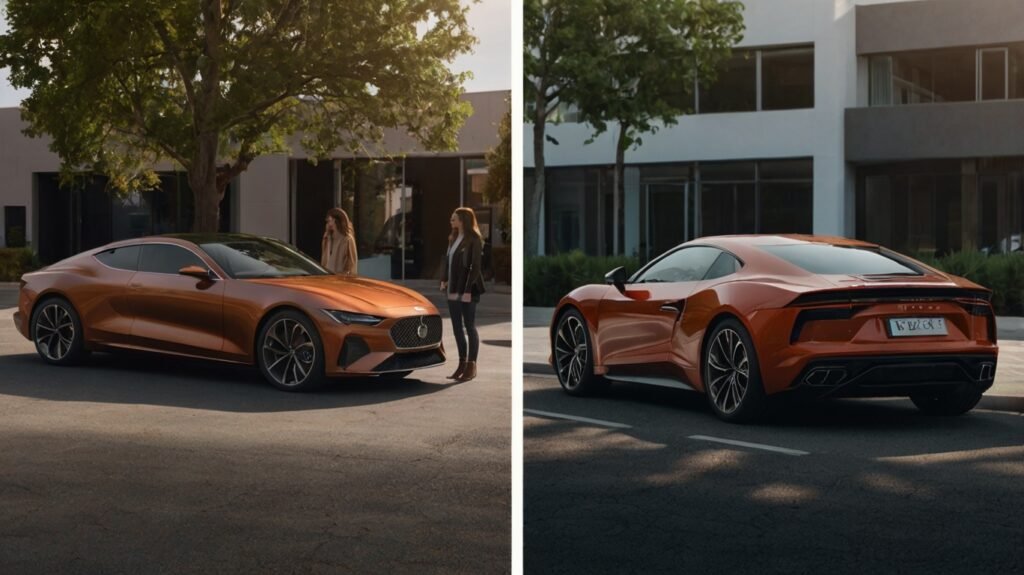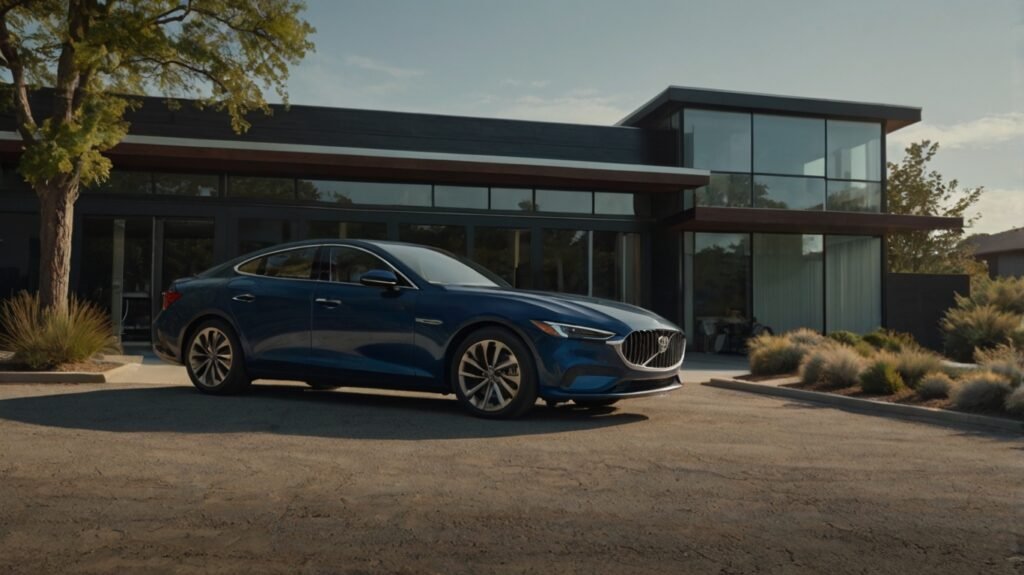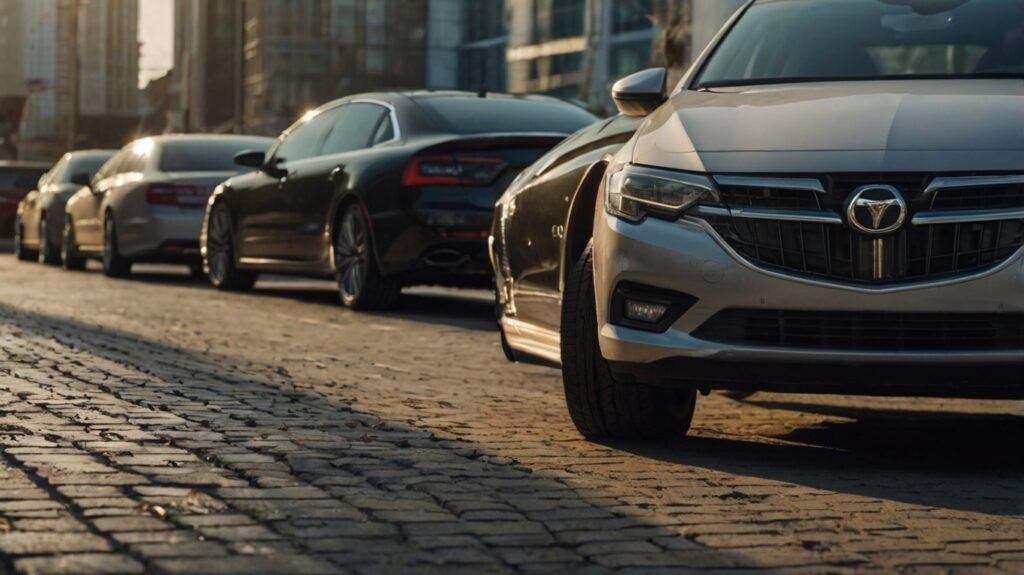Choosing whether to lease or buy a car involves more than just deciding which model you like best. It’s a significant financial decision that can affect your budget and lifestyle. Let’s dive into the pros and cons of both options to help you make a decision that fits your needs.
What is car leasing?
Car leasing is essentially a long-term rental agreement where you pay to use a car for a specific period, typically 2-4 years. At the end of the lease term, you return the car to the dealership and have the option to lease a new vehicle or walk away.
How does car leasing work?
When you lease a car, you are essentially paying for the depreciation of the vehicle over the lease term plus interest and fees. Your monthly payments are generally lower than if you were buying the car because you’re only covering the car’s depreciation rather than its total value.
Pros of Leasing a Car
Lower monthly payments
One of the most appealing aspects of leasing is the lower monthly payment compared to buying. Since you’re only paying for the depreciation and not the full value of the car, your payments are often more affordable.
New car every few years
Leasing allows you to drive a new car every few years without the hassle of selling an old one. This is ideal for those who enjoy having the latest features and technology.
Lower repair costs
Leased vehicles are usually under warranty for the duration of the lease, which means you may not have to pay for repairs. Routine maintenance is often covered as well.
No long-term commitment
At the end of the lease term, you have the flexibility to choose a new car or end your lease without worrying about the long-term commitment associated with car ownership.
Cons of Leasing a Car
Mileage limits
Most leases come with mileage restrictions, typically between 10,000 to 15,000 miles per year. Exceeding these limits can result in costly penalties.
Wear-and-tear charges
Leased cars need to be returned in good condition. Excessive wear and tear or damage can lead to additional charges when you return the car.
No ownership
At the end of the lease, you return the car and don’t own any equity in it. This means you don’t benefit from the car’s residual value.
Potential for higher costs in the long run
If you continuously lease new cars, the overall cost can add up over time. The constant cycle of payments may end up being more expensive than buying a car and keeping it for a long period.

Understanding Car Buying
What does it mean to buy a car?
Buying a car means purchasing it outright or financing it through a loan. Once you’ve paid off the car, you own it and can keep it for as long as you like.
How does buying a car work?
When you buy a car, you either pay the full purchase price upfront or finance it through a loan. Monthly payments on a loan are typically higher than lease payments, but you build equity in the car over time.
Pros of Buying a Car
Ownership and equity
Once you’ve completed your payments, you own the car outright. This means you can keep it for as long as you want and benefit from its residual value when you eventually sell or trade it in.
No mileage limits
Owning a car means you’re not restricted by mileage limits. You can drive as much as you need without worrying about extra fees.
Customization options
When you own your car, you have the freedom to modify or customize it according to your preferences, which is often restricted in a lease agreement.
Long-term cost benefits
While the initial costs may be higher, owning a car can be more cost-effective in the long run. After your loan is paid off, you only need to cover maintenance and repairs.
Cons of Buying a Car
Higher monthly payments
Monthly payments for buying a car are generally higher than leasing because you’re paying off the full value of the car rather than just its depreciation.
Depreciation
Cars depreciate quickly, especially in the first few years. This means the resale value of your car will be significantly less than what you paid for it.
Maintenance and repair costs
As your car ages, you’ll be responsible for maintenance and repair costs, which can add up over time.
Long-term financial commitment
Buying a car often involves a long-term financial commitment, especially if you finance it through a loan. This can be a burden if your financial situation changes.

Leasing vs. Buying: Cost Comparison
Upfront costs
Leasing usually requires a smaller down payment compared to buying. However, buying a car might involve additional costs such as taxes and fees.
Monthly payments
Leasing typically offers lower monthly payments, but buying a car means you’re building equity and will have ownership once the payments are completed.
Long-term costs
Leasing can be more expensive in the long run if you constantly lease new vehicles. Buying a car may be more economical over time, especially if you keep the car for many years.
Leasing vs. Buying: Flexibility
Flexibility in terms of car changes
Leasing offers more flexibility if you prefer to drive a new car every few years. Buying a car ties you to that specific vehicle until you decide to sell or trade it.
Flexibility in financial commitments
Leasing generally requires lower monthly payments, making it a more flexible option if you have a tighter budget. Buying a car involves higher payments but builds equity over time.
Leasing vs. Buying: Financial Impact
Resale value vs. end-of-lease options
When you buy a car, you can sell it and use the proceeds toward a new vehicle. With leasing, you return the car and may have the option to buy it at the end of the lease term.
Impact on credit score
Both leasing and buying a car can impact your credit score. Leasing may offer lower payments but could affect your credit if you frequently change vehicles. Buying a car requires a more significant commitment, which can also influence your credit score.

Leasing vs. Buying: Lifestyle Considerations
Your driving habits
If you drive extensively, buying a car might be a better option to avoid mileage penalties. For those who drive less, leasing might be more cost-effective.
Your personal and family needs
Consider your personal circumstances and family needs when deciding. If you anticipate significant lifestyle changes, leasing might offer more flexibility.
Case Studies: Leasing vs. Buying
Example scenarios for different types of drivers
- Frequent Drivers: If you drive a lot and plan to keep a car for many years, buying may be more cost-effective.
- Technology Enthusiasts: If you enjoy having the latest technology and features, leasing allows you to upgrade frequently.
- Budget-Conscious Consumers: For those on a tight budget, leasing offers lower monthly payments but with potential mileage and wear-and-tear costs.
Conclusion
Both leasing and buying a car have their unique benefits and drawbacks. Leasing offers lower monthly payments and the opportunity to drive a new car frequently but comes with mileage limits and no ownership. Buying a car involves higher payments and depreciation but grants you ownership and no mileage restrictions. Consider your financial situation, driving habits, and lifestyle needs to make the choice that best suits you.
FAQs
What are the main differences between leasing and buying a car?
Leasing involves lower monthly payments and a new car every few years but doesn’t offer ownership. Buying involves higher payments but provides ownership and no mileage limits.
Can I buy a car after leasing it?
Yes, many lease agreements offer an option to purchase the car at the end of the lease term.
How does mileage affect leasing?
Most leases have mileage limits, and exceeding them can result in additional charges.
What happens if I want to end a lease early?
Ending a lease early typically involves penalties and fees. Review your lease agreement for specific terms.
Are there tax benefits to leasing or buying a car?
Tax benefits can vary based on your location and whether you use the car for business. Consult a tax professional for personalized advice.
